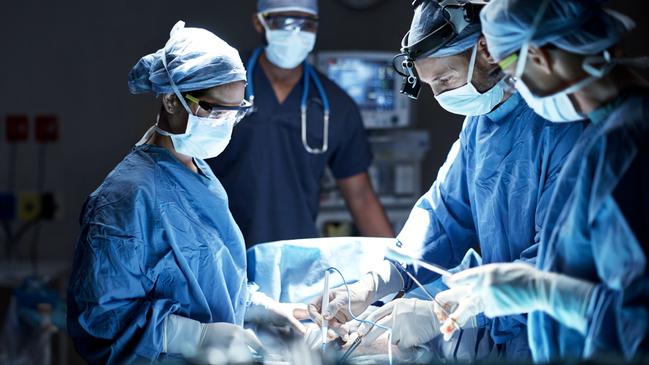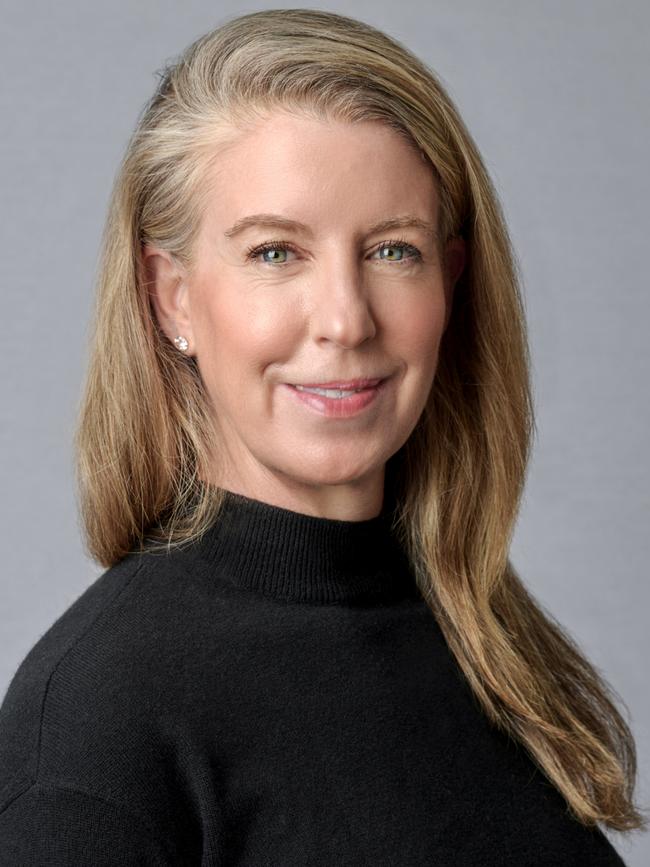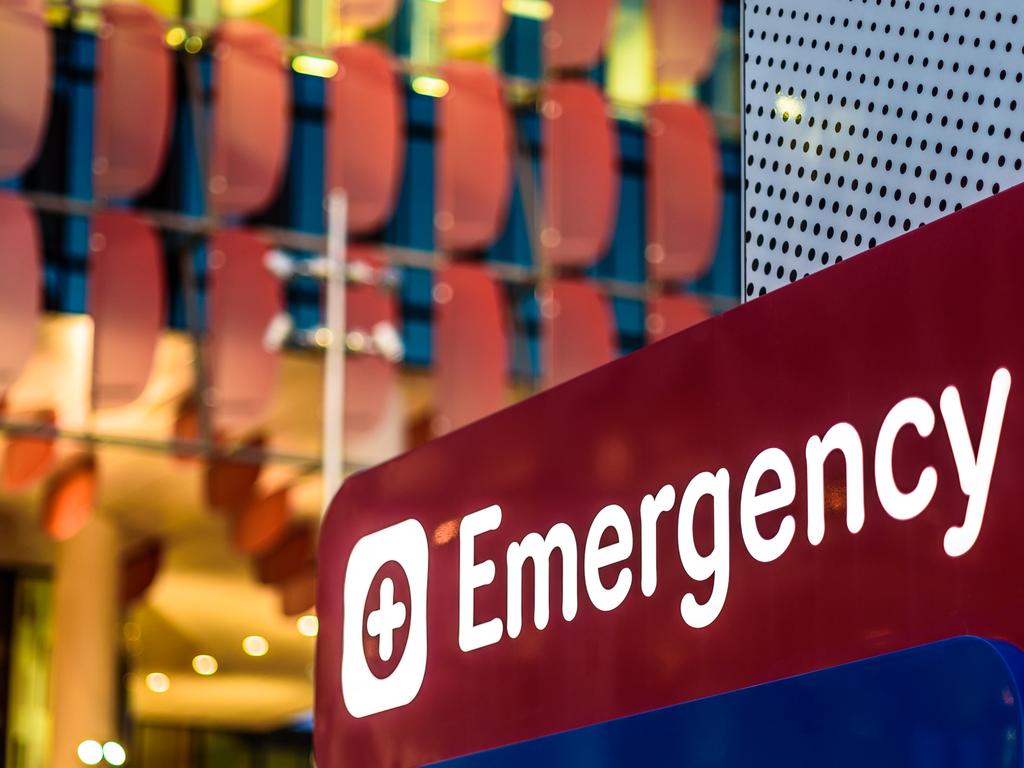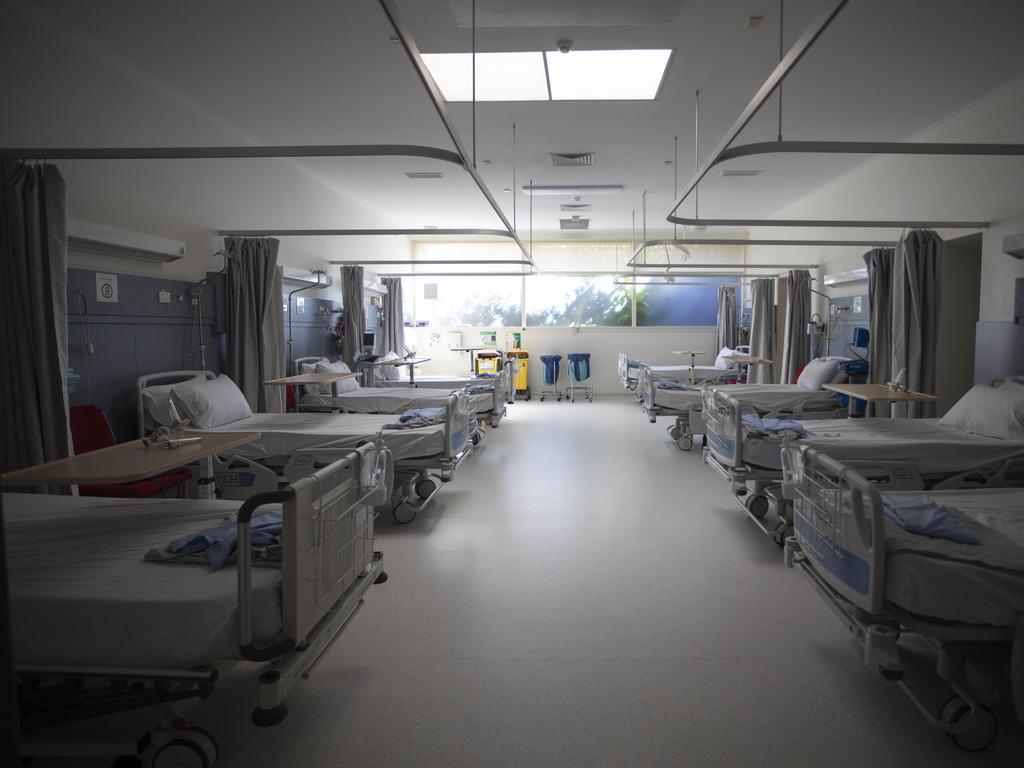Immediate injection of cash needed to save health system
Public hospitals need an immediate $4.67bn ‘recovery plan’ to stop people dying while waiting for care in overloaded emergency departments and on elective surgery waiting lists.

Public hospitals need an immediate $4.2bn “recovery plan” to stop people dying while waiting for care in overloaded emergency departments and on elective surgery waiting lists, according to top doctors who say the public system is in such a state of acute crisis that the situation must be addressed urgently.
The next National Health Reform Agreement promises a big injection of cash for public hospitals, but doesn’t come into effect until well into 2025.
The Australian Medical Association now says it’s clear that is too long to wait as emergency department presentations rise to the highest levels recorded and exit block in wards cripple the system. Elective surgery delays are also at unprecedented levels, with hospitals failing to clear Covid-19 backlogs that have added tens of thousands of patients to waiting lists that were already at historic highs.

“Unless we do something now, this crisis that we’re in is just going to get bigger and bigger,” said AMA emergency medicine representative Sarah Whitelaw. “People are going to suffer more and more.
“We are in this situation where we start every single day in every single hospital in the country with doctors … deciding which elective surgery patients might need to be cancelled. Then those patients’ elective surgery turns into emergency surgery, and it results in this vicious cycle.
“And emergency doctors walk into hospitals every morning knowing that we have multiple very sick patients, and no beds in the wards.”
The AMA is calling for an immediate, time-limited injection of a combined $4.12bn, split between federal and state governments, which it says is what is required to address the national elective surgery backlog in public hospitals ahead of the new funding agreement coming into place. It also wants a $55m injection of money to address exit block, caused largely by vulnerable elderly and disabled people being stuck in hospital because community care is not available.
The funding plea is contained in an AMA pre-budget submission as leaders from medical colleges, associations and societies gather to discuss health system reform on Monday in Canberra. The crisis in primary care, health workforce shortages and private health insurance reform will also be on the agenda.
Figures released last week from the Bureau of Health Information in NSW showed ambulance activity was at the highest level ever, up 35 per cent from the same quarter the previous year. Emergency department presentations also climbed and the proportion of triage 1 and 2 cases – life threatening and urgent conditions – were the highest since statistic began to be collated in 2010.
Having successfully argued for a tripling in bulk-billing incentives and the introducing of MyMedicare in the last budget, the AMA is now turning its focus to workforce issues which are resulting in steep drops in young doctors signing up to the specialist GP pathway.
Without reforms and better conditions and incentives, it predicts the sector will be undersupplied by 10,600 full-time equivalent general practice doctors over the next decade.
The submission calls for sector-wide reforms to general practitioner trainee employment conditions. Currently, many young doctors face a steep pay drop and do not receive benefits such as parental leave, long-service leave and study leave when they leave hospital jobs. It wants a $101m injection of funds over four years so that these benefits can be provided, along with $80m to boost salaries.
The AMA also wants an independent agency to be established that can provide evidence-based solutions to address workforce maldistribution and shortages, and an independent Private Health System Authority to oversee the sector and create a platform for reform.







To join the conversation, please log in. Don't have an account? Register
Join the conversation, you are commenting as Logout